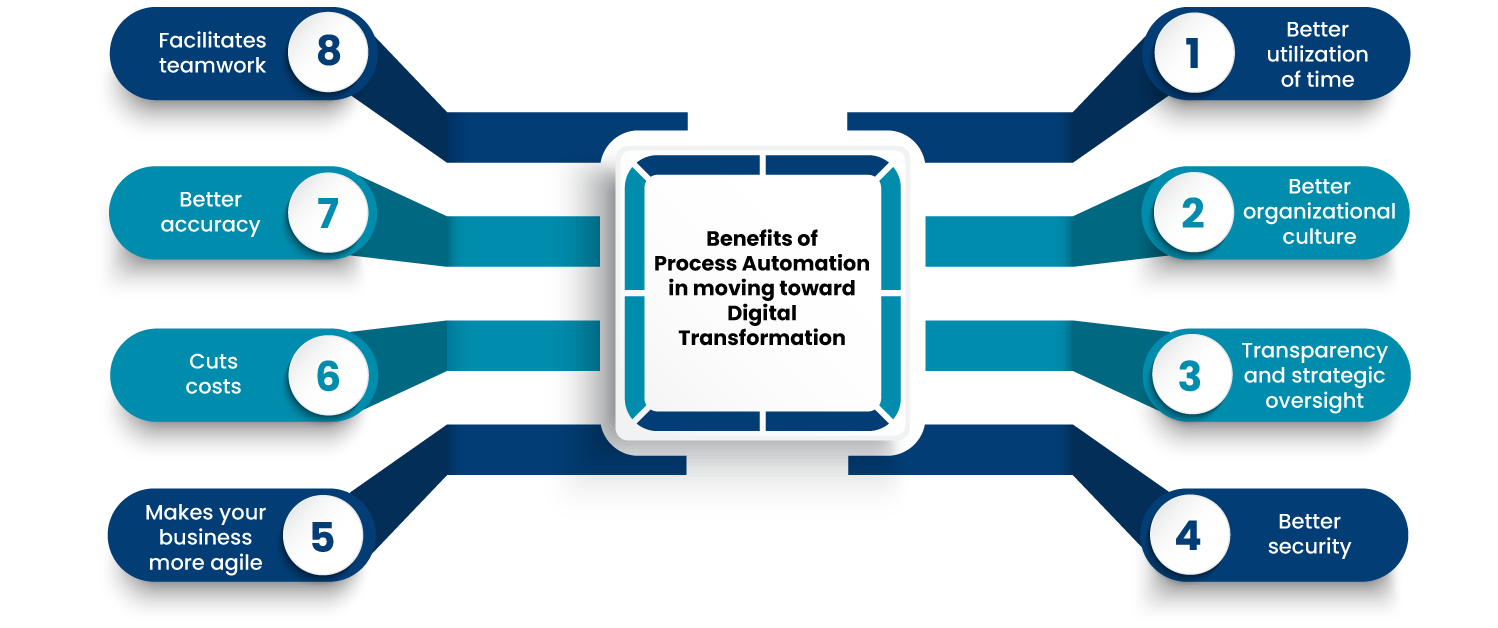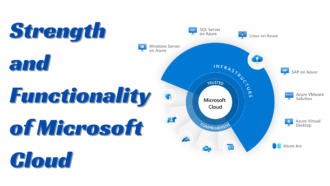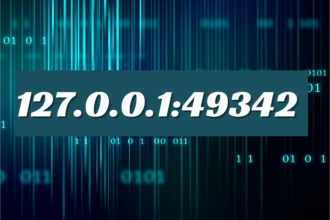How Digital Automation is Transforming Business Operations in the Healthcare Industry
Thanks to advances in technology ushering in the era of digital solutions, the healthcare industry is undergoing a revolution. With the increased use of connected health solutions and devices, artificial intelligence, analytics, and communications tools, healthcare providers have an opportunity to enhance care delivery through increased efficiency, seamless integration of technologies and systems, and automation.
The COVID-19 pandemic has shown how useful connected health tools can be, as the adoption of telehealth services has increased significantly. However, the long-term value of connected health can come from the automation of many healthcare processes, supporting new models of care and helping to promote better outcomes.
AI and automation have revolutionized how the healthcare system works, enhancing the accuracy of the process involved in healthcare business operations. By optimizing every major operation in the healthcare industry, from healthcare digital marketing to sales, automation enhances the key aspects of healthcare necessary for its successful and convenient operation.
Advantages of Automating Healthcare Processes
Workflow automation in healthcare refers to using technology to automate and streamline processes for healthcare facilities, including everything from scheduling appointments, managing patient records, staff activities, rosters, billing, healthcare insurance, digital marketing for B2B, and more. It aims to improve efficiency, reduce errors, and provide better patient care. Here are ways automation significantly improves the processes in your practice:
Improved Accuracy and Communication
One of the leading causes of death and injury in healthcare is human error, especially manual entry of information. Healthcare errors can have severe consequences and cost healthcare providers billions annually. However, automation allows for accurate data entry, leaving no room for mistakes. For instance, computerized provider order entry (CPOE) systems can decrease mistakes in medication prescription and administration, thereby improving patient safety.
Another common challenge in healthcare is missed appointments due to forgetfulness, which can be overcome by sending reminders before the scheduled appointment. Using VoIP services for hospitals can automate timely and consistent communication, improving the quality of care. This not only ensures that patients receive the necessary care but also saves time and money.
Enhanced Patient Relationships
Patient engagement is critical to improving patient satisfaction and care outcomes. Although there are concerns in various industries that automation could compromise the human connection necessary for good relationships, it can actually have the opposite effect—it can foster deeper relationships through more meaningful interactions and create better rapport between patients and physicians.
Remote patient monitoring solutions automate the delivery of data to healthcare providers and generate alerts when intervention may be needed, enabling providers to quickly engage with patients. Patient portals offer a range of communication channels, allowing patients to conveniently access and update their health information or schedule appointments at any time. Access to information and tools can encourage patients to take a more active role in their health and well-being.
Automated scheduling and reminders ensure patients regularly see their doctors, whether in-person or remotely, reducing missed appointments and maximizing clinical time for providers. Automated analytics support RPM patients and help physicians diagnose patient conditions more accurately and efficiently, leading to better treatment plans.
Quick and straightforward processes, such as automated appointment scheduling, short wait times, and easy onboarding and discharge, all contribute to patient satisfaction. Automation can also collect patient feedback to gain insight into their preferences and areas for improvement.
Improved Adherence to Healthcare Rules
In healthcare, patient data is confidential and must be protected in accordance with rules and regulations to ensure privacy. For instance, the Health Insurance Portability and Accountability Act (HIPAA) has been designed to safeguard patient health information (PHI) and personally identifiable information (PII).
Automation can support healthcare providers in adhering to applicable rules and guidelines by establishing usage permissions. This ensures that only authorized individuals can access patient data, promoting compliance with relevant regulations.
Streamlined Data Management and Retrieval
Almost always, physical and manual storage of data can make retrieval challenging, given that healthcare service providers deal with large amounts of data. In healthcare, where inaccurate patient data could endanger lives, efficient data generation and management are essential. Real-time access to accurate patient healthcare history can potentially save lives.
Automation can help manage and analyze vast amounts of data, providing valuable insights for healthcare professionals. Electronic Health Records (EHRs) have gained immense popularity in recent years for their ability to track and access data effectively. They are now being equipped with real-time data generation and access features to streamline operational and administrative areas.
Automation can help eliminate errors that may occur with manual processing of healthcare history data over an extended period. Real-time data collection and verification can ensure superior quality data from the point of collection.
Reduced Physician or Staff Burnout
Physician burnout is a persistent problem, with a significant number of doctors experiencing symptoms that can harm both patients and practices. Burnout can cause doctors to reduce their hours or leave their practice altogether, potentially leading to medical errors and putting patient safety at risk.
One of the leading causes of physician burnout is the burden of administrative tasks such as paperwork, charting, scheduling, and other non-clinical responsibilities. Connected health solutions can help to automate these tasks, which can result in more efficient communication, improved data accuracy, and increased time for physicians and staff to focus on patients, thereby reducing burnout.
Streamlined Ordering Process
Ordering in the healthcare industry can be a challenging and time-consuming process compared to other sectors like retail or electronics. Legacy systems require users to go through repetitive, tedious steps to complete an order, which can frustrate patients and customers.
However, automation provides enhanced capabilities that streamline the ordering process. Predictive AI technologies improve efficiency by automating tasks such as address filling and delivery verification, ensuring better service for patients and customers. By implementing automation, healthcare organizations can simplify their ordering system and save time.
Sped-Up Billing Process
An AI-powered automation system can significantly speed up the billing process, making it more convenient and hassle-free for patients. Payment processors are also adopting automated decision-making processes, including pre-authorizations with the help of machine learning, once a customer has used the payment processing at least once.
With revenue cycle applications that leverage AI, healthcare organizations can further streamline their billing processes, generating bills faster, both online and offline, for patients leaving physical healthcare centres or medical online stores. This is especially important for patients with high-deductible healthcare plans who are required to make high payments.
As automation becomes more sophisticated, it enables hospitals to do more with a leaner workforce and fewer resources, resulting in time and cost savings. IIt’salso good news for patients, as automation improves their quality of care and reduces their length of stay. Coupled with digital marketing efforts, healthcare providers are able to eventually realize their business goals. Reach Legend DigiTech today for your bbusiness’sdigital marketing needs!


















